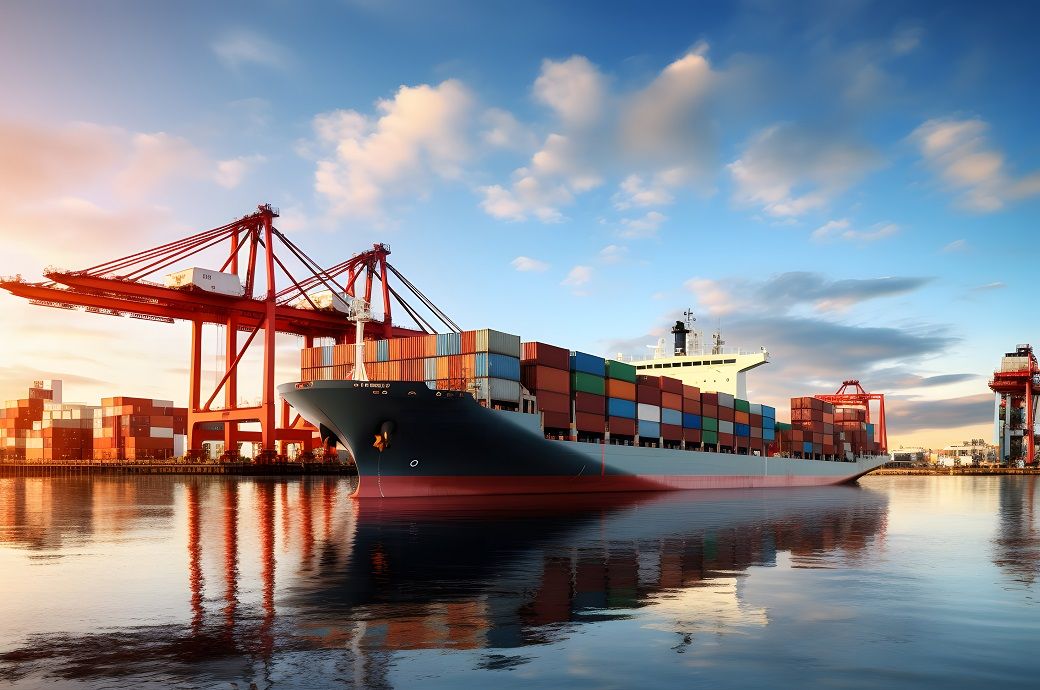Baltimore bridge collapse not impacting ocean freight rates: Xeneta

Insights
- Following the collapse of the Francis Scott Key Bridge in Baltimore, significant supply chain disruptions have been reported along the US East Coast, yet ocean freight rates have not risen as expected, according to data from Xeneta.
- There was a slight decrease in shipping rates from the Far East and North Europe to the US North East Coast.
As of Monday, the average spot rates for shipping containers from the Far East to the US North East Coast, including Baltimore, have experienced a slight decrease of 1 per cent since the bridge's collapse on March 26, currently standing at $5,421 per FEU (40-foot shipping container). Furthermore, when considering other key ports on the US East Coast such as New York and New Jersey, the rates have seen a 3 per cent decline in the same timeframe.
The trend extends beyond routes from the Far East, with average spot rates for cargo from North Europe to the US North East Coast witnessing an 8 per cent drop to $2,357 per FEU. For wider US East Coast ports, the rates have fallen by 4 per cent.
In response to the bridge collapse, the Port of Baltimore has been proactive, announcing plans to open a 280-feet wide and 35-feet deep federal navigation channel by the end of April. This interim solution precedes the anticipated reopening of the permanent 700-feet wide and 50-feet deep channel by the end of May, which is expected to restore the port's access to its normal capacity.
Despite the bridge collapse not affecting freight rates as might have been expected, Patrik Sand, chief analyst at Xeneta, warned that importers into the US East Coast might face further challenges in 2024 due to looming labour negotiations. The current six-year contract between the International Longshoremen’s Association and the United States Maritime Alliance, representing port terminal operators and ocean carriers on the East Coast, is set to expire on September 31. With no new agreement in sight, the stability of future shipping rates and supply chain operations could be at risk.
Peter Sand, Xeneta chief analyst, said: “Spot rates have not reacted but that doesn’t mean shippers with cargo heading to Baltimore are not affected—on the contrary they are seeing containers arriving at ports they were not expecting.
“The majority of containers will now be handled at New York or New Jersey because many of the ships originally bound for Baltimore would have been stopping there anyway, which is perhaps why we haven’t seen an upwards impact on rates.
“Ocean freight container shipping rates may not have increased following the bridge collapse, but this incident is yet another problem for shippers to handle on top of all the other disruptions impacting supply chains at the moment, including the ongoing diversions in the Red Sea region and drought in the Panama Canal.”
Fibre2Fashion News Desk (DP)
































-Ltd..jpg?tr=w-120,h-60,c-at_max,cm-pad_resize,bg-ffffff)





.jpg?tr=w-120,h-60,c-at_max,cm-pad_resize,bg-ffffff)
.jpg?tr=w-120,h-60,c-at_max,cm-pad_resize,bg-ffffff)






